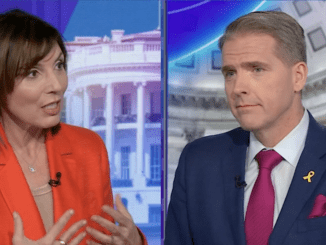
Indianapolis, IN – Lin Dunn, a Basketball Hall of Famer and former U.S. women’s basketball coach, sparked controversy on August 10, 2024, by calling for the expulsion of Brittney Griner from the U.S. Olympic Team. Dunn criticized Griner’s past kneeling during the national anthem, stating, “You disrespect the American anthem, you don’t deserve to represent this country.” The remarks, reported by Love Your Day, targeted Griner’s 2020 protests against racial injustice, which Dunn called a lack of “basic patriotism.”
Griner, a two-time Olympic gold medalist and Phoenix Mercury star, went on to compete in the Paris 2024 Olympics, helping the U.S. secure their eighth consecutive gold with a 67-66 win over France. Averaging 12.3 points and 6.8 rebounds per game, Griner stood for the anthem during the medal ceremony, a shift from her prior protests. Post-game, she emphasized unity, saying, “I’m proud to represent my country… We’re stronger together.” Dunn has not commented on Griner’s Olympic conduct, but her earlier stance continues to fuel debate.
The controversy reflects a broader divide over anthem protests in sports. Griner’s kneeling, inspired by Colin Kaepernick’s 2016 NFL protests, aims to highlight systemic racism—a 2024 DOJ report confirmed ongoing disparities in policing—but critics like Dunn view it as disrespectful to national symbols. A 2024 Pew Research poll found 53% of Americans believe athletes should stand for the anthem at international events, though support for protests is higher among younger demographics.
On X, reactions to Dunn’s statement were polarized. Users like
@PatriotHoops agreed, writing, “Dunn is right—Griner should show respect or step aside,” while
@JusticeForAll22 countered, “She’s earned her spot through talent, not politics.” As the 2028 Los Angeles Olympics approach, Griner, now 34, has not confirmed her participation, but her prominence in the WNBA ensures the debate will linger.
Dunn’s call raises questions about balancing free expression with national representation. While her critique resonates with those prioritizing traditional patriotism, it sidesteps the systemic issues Griner addresses. Griner’s Olympic success and shift in behavior may reflect pragmatism, but the tension between individual rights and collective symbolism remains unresolved in American sports.


